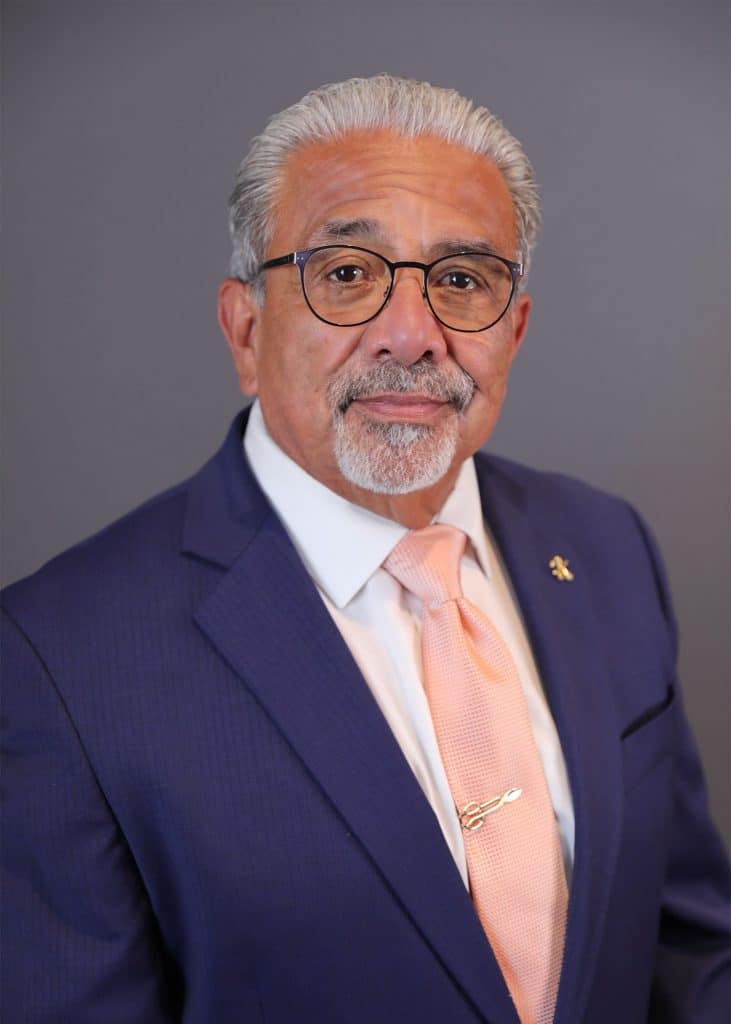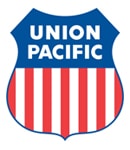Vince Alvarado, a longtime business manager for SMART Local 49 in Albuquerque, New Mexico, joined NEMIC this past fall as the fund’s new director of implementation. Alvarado has been tasked with overseeing some of NEMIC’s legislative initiatives and working to implement solutions that NEMIC identifies across the country.

“I’m working on the ‘how’ of things. How can we assist locals and contractors in states where we’ve passed legislation on indoor air quality, for example? We get the legislation passed, but there may be no enforcement. We need to change that,” Alvarado said.
Alvarado started working for a small independent refrigeration contractor as a junior in high school. He apprenticed at Local 49 and went on to serve in various leadership roles there, culminating in his election as business manager/financial secretary in 2010. After a few years, he was also elected to serve in a statewide leadership role as president of the New Mexico Federation of Labor, AFL-CIO, in 2018.
In both roles, Alvarado had to find ways to influence local politics. For SMART, he worked on smoke and fire damper legislation. As the leader of the AFL-CIO New Mexico state federation, he assisted in getting various types of legislation in front of state decision makers, most aimed at improving health and safety outcomes for working people and their families.
At NEMIC, Alvarado looks forward to helping people and organizations like Local 49 on this much larger scale, and he realizes he will need to navigate political scenes that may be more complex than he’s previously experienced. COVID introduced to the world many of the issues with indoor air quality, and now it’s time to work to help fix those issues, he said.
“I’ll be working with new faces, which is exciting, but it could be difficult, if I don’t understand the political landscape,” Alvarado said. “While I could approach solutions in my work at Local 49 entirely from a working family perspective, I now have to approach it with more groups in mind. That could be a challenge.”
Even before the pandemic, Alvarado was fighting to improve indoor air quality regulations, along with smoke and fire damper laws. In 2019, Local 49 fought for and passed SB 143 — the nation’s first statewide fire safety law. Alvarado subsequently worked with leaders in Nevada, New Jersey and Hawaii to pass similar legislation.
 ALBUQUERQUE, N.M. – Union Pacific Corp. has begun operations at a massive new railroad facility in southern New Mexico near both the U.S.-Mexico border and El Paso, Texas.
ALBUQUERQUE, N.M. – Union Pacific Corp. has begun operations at a massive new railroad facility in southern New Mexico near both the U.S.-Mexico border and El Paso, Texas.